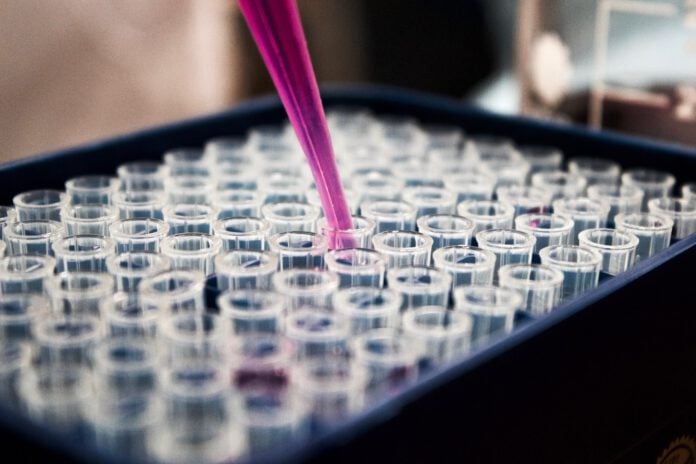Each year, the Dutch Forensic Institute (NFI) investigates over 50,000 DNA samples to help solve criminal cases. Now, new techniques are on the market that can connect a DNA sample to a suspect in a mere three days!
Before, the process of analysing DNA samples would sometimes take weeks, reports nu.nl. Of course, the chances of catching a criminal become slimmer the more time passes after a crime.
“It’s not that the questions asked during investigations have changed, but with the new techniques we can answer them much better,” says Titija Sijen, head of Team Research of the Biological traces division at the NFI.
How does it work?
Sander Kneppers, program manager for innovation and technology at the NFI, outlines the process of DNA analysis from start to finish.
The first step is to extract the DNA sample from, for instance, hairs or pieces of fabrics. Then, the DNA gets replicated to make it more visible and easier to work with. After the DNA has been extracted and identified, it now needs to be interpreted.
This is where the process tended to slow down significantly. While before, it was specialists who were responsible for the analysis, interpretation, and comparison of DNA samples with potential suspects registered in the DNA databank. This process has now been automated, leading to quicker results.
And if there’s a match in the DNA-databank with a registered person, a report is automatically sent out to the police and relevant institutions. Handig!
Progress also in DNA analysis
There are also new techniques, improving the outcomes of DNA analysis. What does that mean? “In the coming years, we will be able to determine more physical characteristics: think of freckles, early balding in man or hair structure,” says Sijen.
Researchers can already determine the geographical origins of a person. This technique is used to, for example, find the parents of an abandoned baby or who a criminal in a certain case could look like.
Well, we hope this gives will everyone just another incentive to stay on the legal side of things! 🤓
What do you think about this new process to catch more criminals? Tell us in the comments!
Feature Image: Louis Reed/Unsplash
